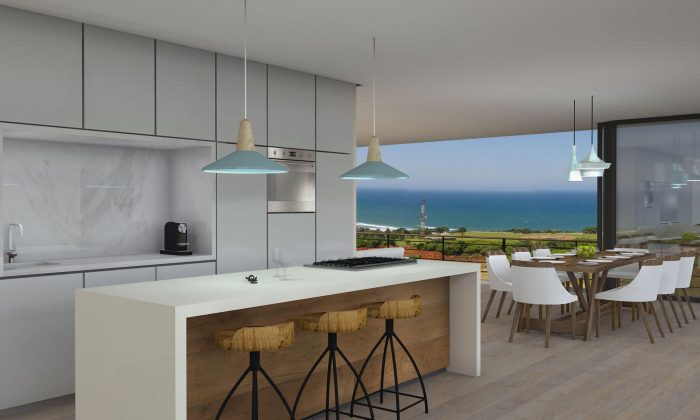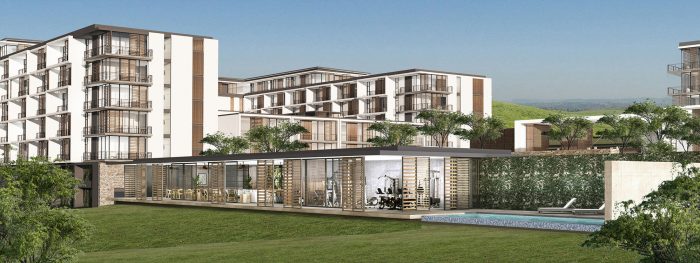Advertisement
Until recently, a frail care facility was considered one of the most important aspects of a retirement estate.
But the reality is that a good majority of residents who live on the estate never need to use the offerings of the frail care centre, rendering them more of a-nice-to-know-you-have-it kind of thing than a practical necessity.
Demand for frail care is waning around the world. Instead, home care offerings are becoming more commonplace, especially in developed countries like the USA, UK and on the European continent.
The biggest bonus of a home care model is that it allows personalised high care to take place in the comfort of one’s own home. From a psychological perspective, and given the choice, it is far more appealing to be in your own bed and use your own bathroom when you are not feeling well, than having to stay in an impersonal institutionalised environment. A home care model can fast-track recovery times too, as patients enjoy having everyday familiarities close by, and family can come and go as they please, as opposed to the structured visits permitted at frail care units.
Although home-based care is fairly new in South Africa, medical aids are beginning to see the value of bringing care to the home. Medical insurers like Discovery, for example, already offer a home care category in some instances.
There is a common misconception that frail care facilities offer the same services as hospitals, but that is not true. Most frail care facilities on retirement estates do not have permanent doctors, for example, so the staff can perform only a limited set of procedures, and will need to transfer patients to hospital for operations or other more complex treatments.
In some older retirement villages, the sunk investment in the frail care centre makes home care financially challenging, but it can be very cost-effective if planned for at the outset. At Shoreline Sibaya, the developers chose to build a much smaller frail care centre than is usually deemed acceptable for an estate of its size, which has enabled them to invest the balance in the home care model. The six-bed sick bay on the ground floor of the healthcare centre is available for residents who need round-the-clock care, but the dramatic reduction in the number of beds is intentional – encouraging homeowners to choose to be cared for in their homes.
Advertisement
The second floor of the centre will have consulting rooms for doctors and other healthcare providers such as physiotherapists and optometrists, for example, while the top floor will house 10 assisted living suites. These rooms will include a modest kitchenette and a fully equipped bathroom with grab rails and panic buttons, and are targeted at people who do not want, or cannot afford, to buy into the estate. The rooms will be available to rent on a monthly basis, and the rate will include daily meals and 24-hour care.
Home owners will pay a care levy of R400 per unit, which gives access to the care facility, and the security of knowing that care is available.
Residents must be 50 years or older to be able to reside on the estate, although there is no age limit on who can buy into the estate. Every new home owner is given a baseline health assessment to help determine their health status. Fit and healthy individuals are then given a wellness plan that includes ways for them to stay healthy as long as possible, while those who need to manage a pre-existing condition are given a care plan.
The developers are aiming to conclude construction of Phase 1 by the end of 2019. Upon completion of both Phases 1 and 2, the development will consist of 413 homes of various sizes and price ranges. Studio units will start from R1.5 million, while one-bedroom units will be marketed between R1.5 million and R2.2 million, and two-bedroom homes are available from R2.5 million.
The estates provides a plethora of activities, including walking and cycling groups. The community centre will also house a heated swimming pool, a small, fully equipped gym and coffee shop, and there is also a pet management programme that allows for two small dogs per unit.
By embracing the international trends of the home care model, Shoreline Sibaya is creating a new mind-set in how we care for our elderly. The estate is setting the benchmark in South Africa for a home care model that can be replicated to all areas of society, and not just the elderly.





